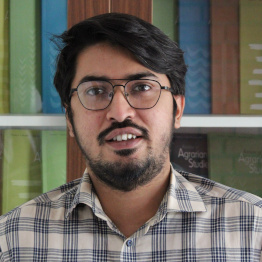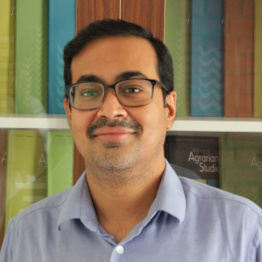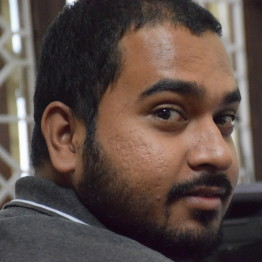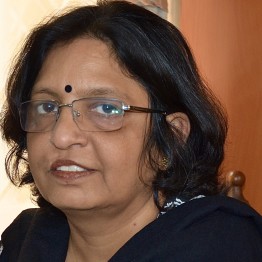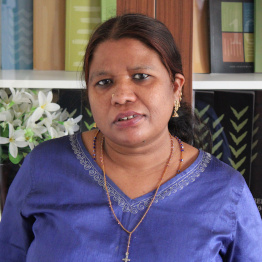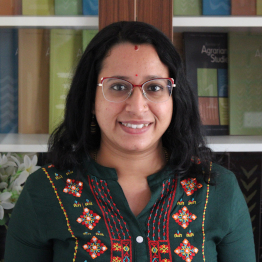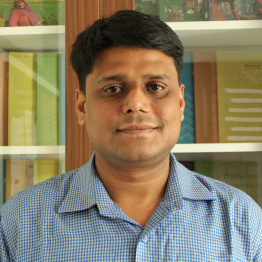“Indian agriculture is in the midst of a long-term problem in terms of slowdown of productivity growth, lack of employment generation and absence of growth in wages and incomes.”
On Tuesday, February 20, 2024, the Foundation for Agrarian Studies (FAS), Bengaluru, organised an online discussion on “Agriculture and Budgets in India.” Professor R. Ramakumar from the School of Development Studies, Tata Institute of Social Sciences, Mumbai, in a conversation with Dr. Deepak Johnson, a JSPS Postdoctoral Researcher, Institute of Economic Research, Hitotsubashi University, Japan, discussed some important questions pertaining to the trends of public spending on agriculture. These questions assume particular relevance in the current context of simmering farmers’ protests.
Ramakumar explained the slowdown in the agricultural sector at an aggregate level, notwithstanding the growth in some crops and regions. Responding to Deepak’s questions around the increasing allocations towards cash-transfer schemes, Ramakumar explained the limitations of such schemes to conclude that they cannot be a substitute to public expenditure on production and productivity enhancing avenues, which are of immediate concern. He also clarified that the amount under the PM-Kisan scheme has remained the same even in nominal terms, implying a decline in real terms.
On the question pertaining to shifting Centre-State relations in agriculture, Ramakumar highlighted the increasing compromise on fiscal federalism. The ability of States to finance development, particularly in agriculture, is severely constrained in this context.
On the question of higher growth in allied sectors such as fisheries and animal husbandry despite lower budgetary support, Ramakumar explained this growth in terms of a “low base effect,” and changing consumption patterns in favour of milk, meat, and fish. While welcoming this growth, he also emphasised the need for budgetary support for sustaining it over the long term.
Responding to the question about the trend of capital expenditure on agriculture in India, Ramakumar underlined the low levels of expenditure on agricultural research and extension in the country, which fared poorly when compared to many other developing countries. Any substantial gain in agricultural productivity will require a significant expansion in this expenditure.
Deepak also raised a couple of questions around concerns of sustainability in agriculture, and the possibilities offered by organic farming. Ramakumar asserted the possibility of achieving high levels of productivity, along with environmental sustainability through judicious application of modern scientific inputs, including chemical fertilisers. Further, he clarified that there is a scientific consensus that “organic or natural farming would lead to a fall of productivity by 30 to 40 percent in crops on an average,” which could have serious implications for food security in the country.
The session ended with an engaging round of Q&A moderated by Deepak.
The edited video of the webinar will be made available soon.

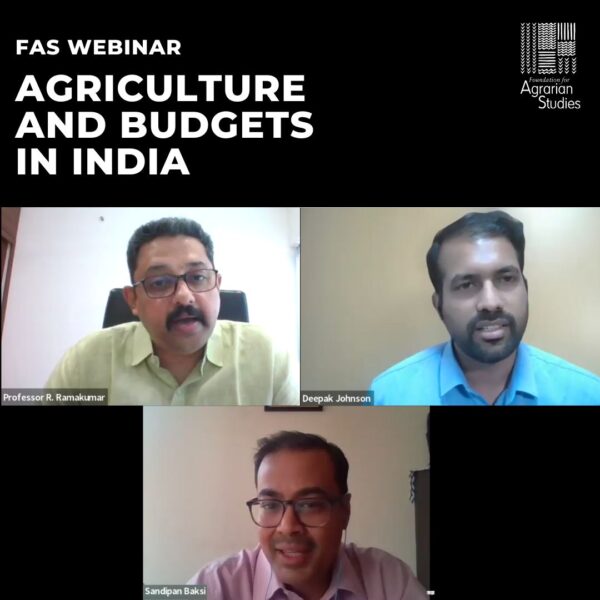

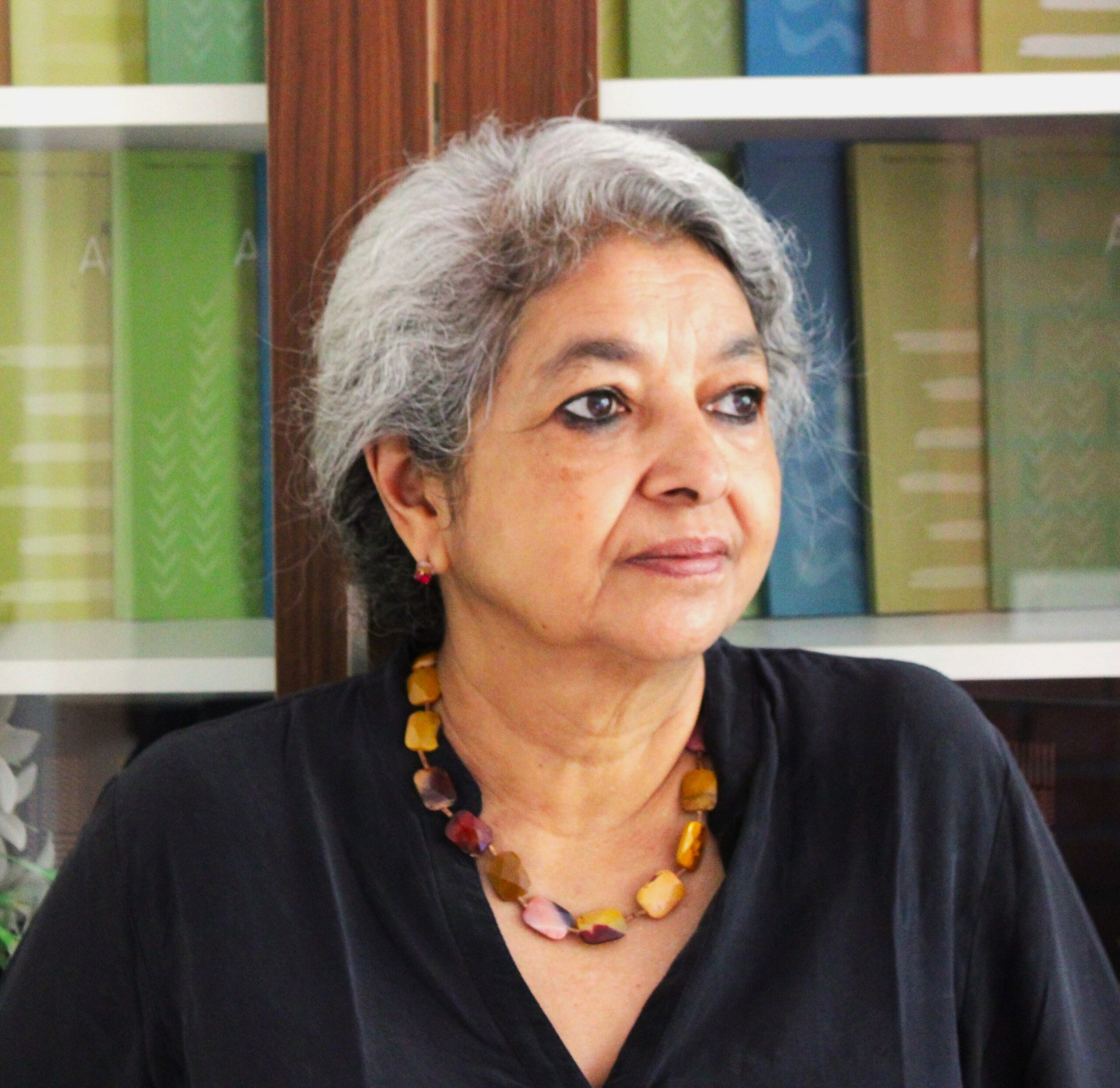
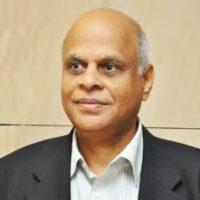











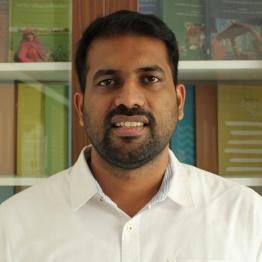


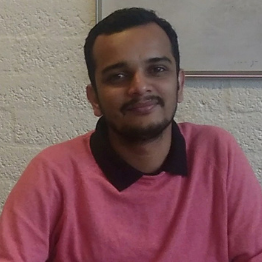





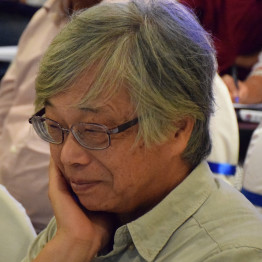
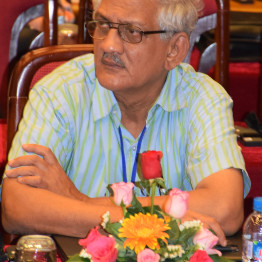
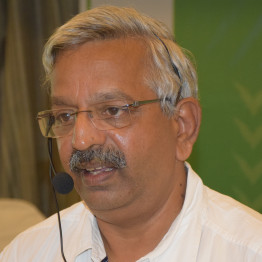

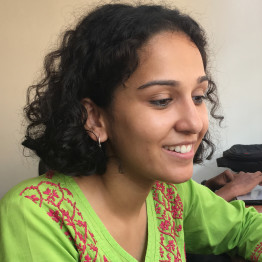
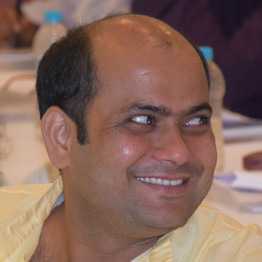

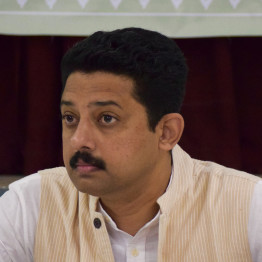


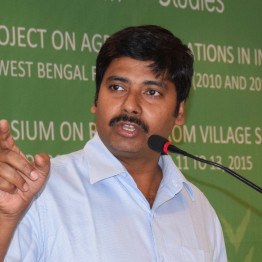

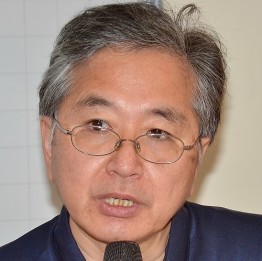

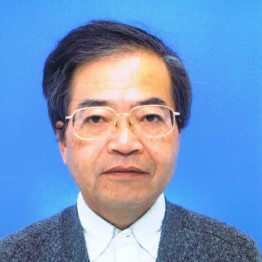


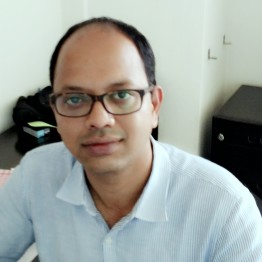


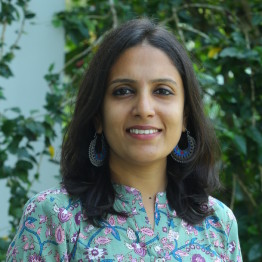
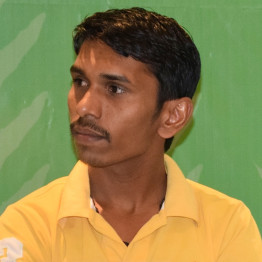

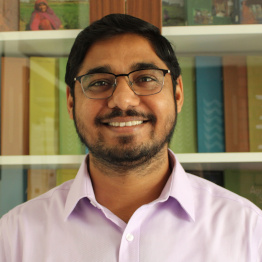
 Sudha is an Administrative Assistant of the Foundation. She assists the administrative division of the Foundation and also has taken part in fieldwork organised by the Foundation.
Sudha is an Administrative Assistant of the Foundation. She assists the administrative division of the Foundation and also has taken part in fieldwork organised by the Foundation.
